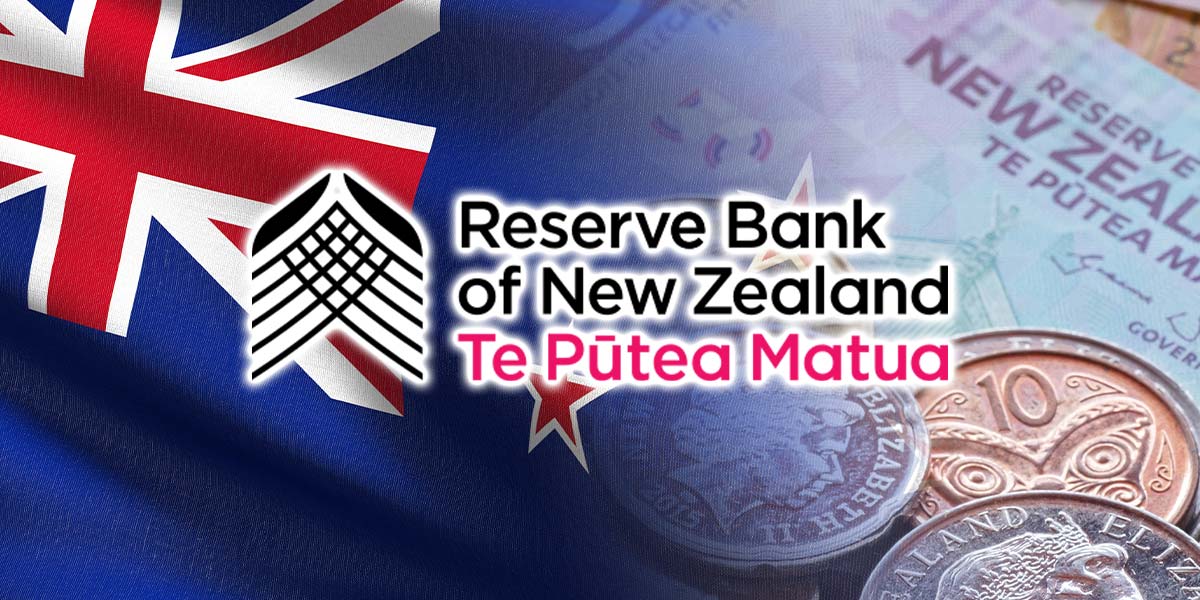The Reserve Bank of New Zealand (RBNZ) reduced its benchmark interest rate by 50 basis points to 2.5% on Wednesday, marking the lowest policy rate since July 2022. The move, intended to address mounting economic headwinds, was steeper than the 25-basis-point cut anticipated by economists surveyed by Reuters.
In its accompanying statement, the central bank said it expects inflation to ease back to its 2% objective by the first half of next year. The RBNZ noted persistent headwinds in the domestic economy, particularly sluggish growth in disposable incomes and housing prices, which continue to weigh on economic activity. Nevertheless, it indicated that lower borrowing costs are now helping stimulate a recovery in consumer spending.
Gross domestic product contracted by a sharper-than-expected 1.1% year-on-year in the second quarter, exceeding the 0.9% decline economists had forecast, according to Reuters polling. The RBNZ attributed the weakness in part to lingering domestic supply constraints and broader uncertainty in global economic policy.
Despite ongoing trade restrictions and tariffs, the Bank observed that global trade volumes and activity remain resilient. Looking ahead, it noted that growth prospects for 2025 have improved among New Zealand’s key trading partners—notably China, Taiwan, and select Asian economies—though expansion is forecast to slow in 2026.
Domestic price pressures, meanwhile, are showing signs of further moderation, providing RBNZ with added confidence that inflation is coming under control. Data show headline inflation stood at 2.7% in the second quarter, towards the upper limit of the central bank’s 1%–3% target range.




